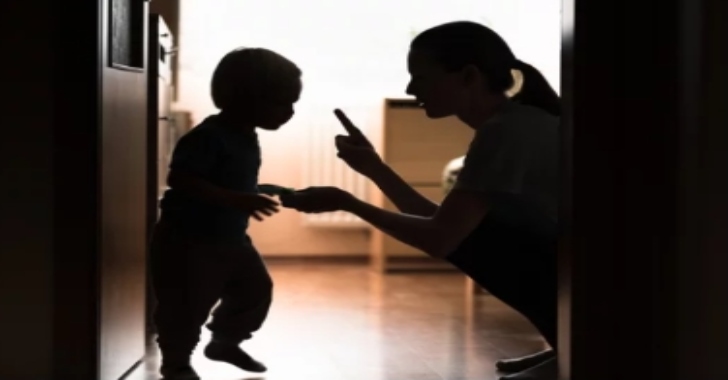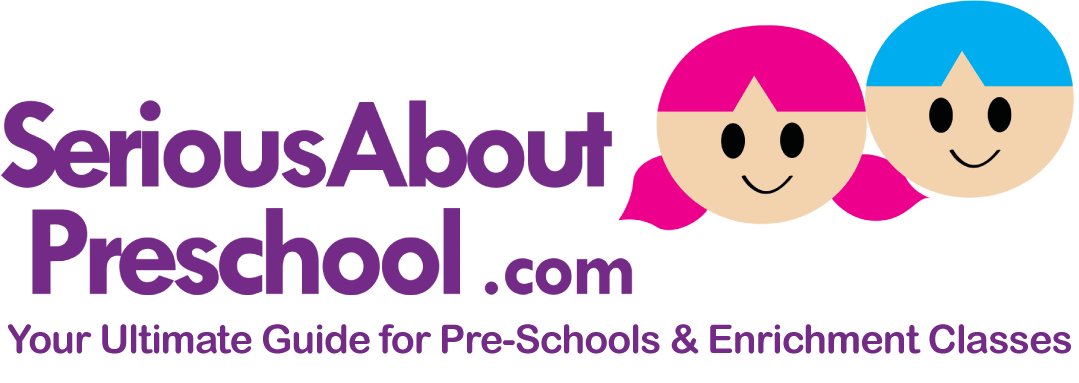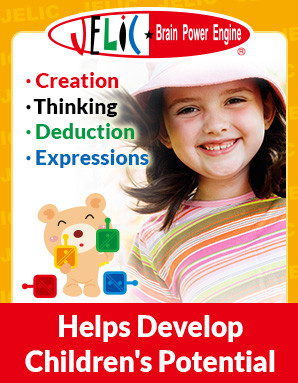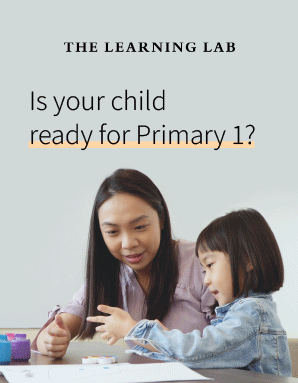Coping with Common Preschool Challenges

Parents and other caregivers must learn how to handle children persistent behavioral problems in order to provide a loving environment for preschoolers.
Addressing common behavioral issues in preschoolers.
For young children, preschool is a period of growth and discovery. It is common to encounter many obstacles, especially when it comes to persistent behavioral problems. Parents and other caregivers must learn how to handle these difficulties in order to provide a loving environment for preschoolers. In this article, we offered four helpful strategies for dealing with typical preschool behavioural issues.
1. Establish Clear and Consistent Expectations:

The first step in handling normal preschool behaviour problems is setting and upholding standards. Establish age-appropriate rules and norms, then make sure you communicate them effectively at all times. Make sure you communicate expectations in a good and simple-to-understand way. Say something like, "We walk indoors to stay safe," as opposed to, "Don't run." Remind your child of these expectations often, and give them credit for meeting them. Children benefit from consistency because it fosters a sense of predictability about what is expected of them.
2. Use Positive Reinforcement and Encouragement:

Positive reinforcement and encouragement are crucial in the treatment of behavioural problems. Reward your child for their efforts when they behave well. Encouraging them for their good behaviour will inspire them to keep up their good behaviour. When your child acts well, instead of focusing just on correcting misbehaviour, let them know how much you value it. Preschoolers are motivated to make an effort for positive deeds because of the positive atmosphere that fosters.
3. Implement Consequences Effectively:

As much as we wish for our toddlers to behave ideally all the time, there are moments when they may exhibit challenging behaviour. Implementing consequences is important to correct their behaviour. Make sure the penalties you apply are age-appropriate, reasonable, and instantaneous. Consequences should be related to the behaviour and provide an opportunity for learning. A reasonable consequence, for instance, may be to temporarily suspend playtime until the child cleans up any mess they produced. Consistency in imposing penalties strengthens the cause-and-effect relationship, assisting preschoolers in understanding the implications of their behaviours.
4. Encourage Open Communication:

Establishing open communication with your child is vital for dealing with their behavioural concerns. Create an area where your kids feel free to share their thoughts and feelings. Use open-ended inquiries to let them communicate their feelings and to get insight into their perspective. Building a relationship with your child allows you to treat the underlying causes of specific behaviours instead of just masking their symptoms.
By implementing these techniques and understanding that behavioural challenges are an inevitable part of preschool development, parents and caregivers can create a safe space for their children. It will promote development of positive behaviours and better growth for preschoolers as a whole.
















